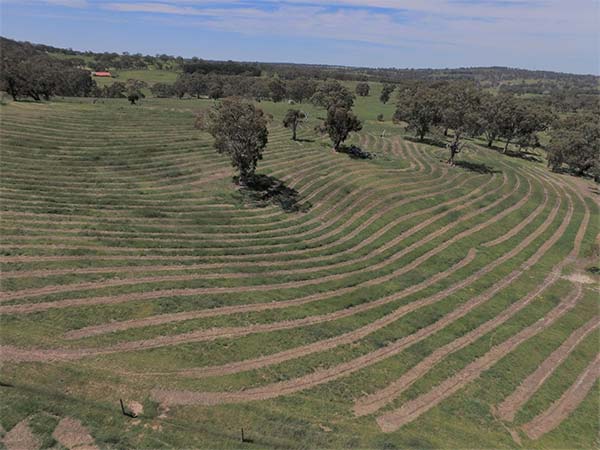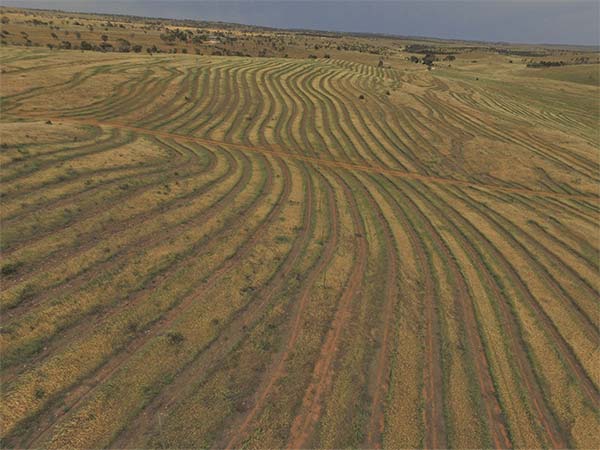
Since 2021, Banrock Station has partnered with Landcare Australia to plant 100,000 native trees and shrubs each year.
An Accolade Wines brand, Banrock Station is committed to the environment, demonstrating this through the Banrock Station Environmental Trust, whereby a portion of profits are reinvested to support conservation projects around the world. Its South Australian base also boasts a Ramsar Wetland of International Importance of more than 1,000 hectares.
A core pillar of the Banrock Station brand is its commitment to the environment, demonstrated through the Banrock Station Environmental Trust, whereby a portion of profits are reinvested to support conservation projects around the world.
Building on many years of collaboration with Banrock Station, this new partnership is helping us continue to restore our valuable natural assets and native habitat through planting hundreds of thousands of trees and shrubs for native animals and local communities.
Investing in healthy landscapes is important for our environment as trees and shrubs cycle the oxygen we breathe, filter the water we drink, provide habitat for iconic and endangered wildlife, and sequester carbon, all while supporting the wellbeing of local communities too.
Since 2021, Banrock Station has partnered with Landcare Australia to plant 100,000 native trees and shrubs each year.
Planting projects across South Australia are helping to increase landscape connectivity while supporting a number of endangered or vulnerable plant and animal species, including the Southern Hairy-Nosed Wombat and the Diamond Firetail.
Thanks to local landcare and community group involvement in seed collection activities over the last two years:
- 147 hectares of land has been revegetated
- 320 kilometres of direct seeding lines have been sown
- 7 vegetation associations have been restored
- Approximately 207,000 plants have been established
- 45 different species of native plants have been used across the five project sites.
Banrock Station and Landcare Australia also recently partnered to plant 80,500 trees on Banrock Station as part of the Australian Government’s 20 Million Trees Program.
The ongoing commitment from Banrock Station to the environment stems from their dedication to restoring and protecting wetlands and woodlands on Banrock Station, which led to the property being listing as a ‘Ramsar Wetland of International Importance’ in 2002.





